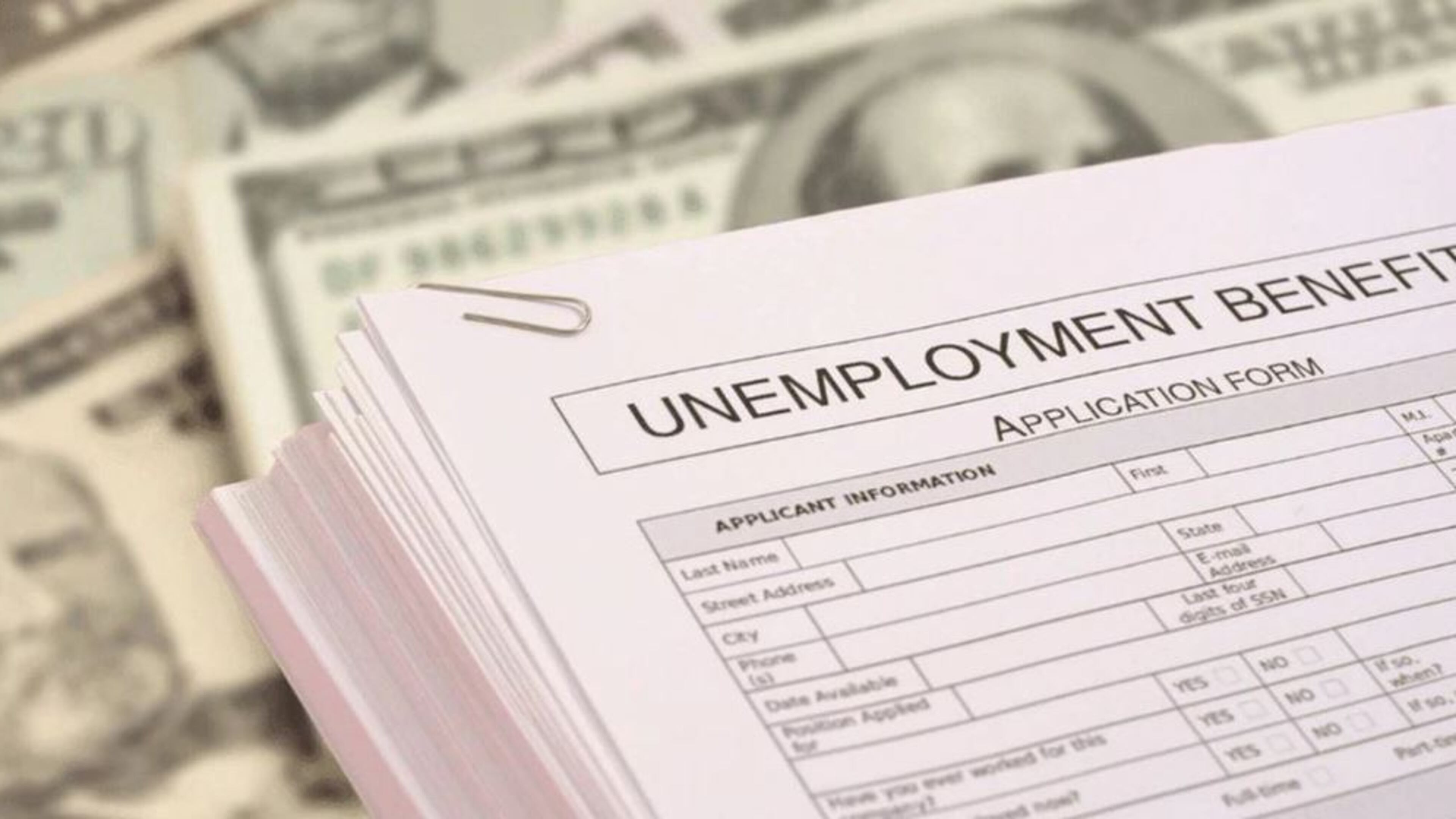Georgia may end extra unemployment payments, like other GOP-led states

Officials here are likely to slash jobless benefits, putting Georgia in line with some other Republican-led states that are canceling the extra $300 in weekly payments that millions of Americans receive on top of their unemployment checks during the pandemic.
UPDATE: Governor confirms Georgia to end $300 jobless checks tied to COVID relief
Gov. Brian Kemp and Labor Commissioner Mark Butler met Monday to discuss what both officials say are “needed” changes to help push more people back into the workforce. Kemp said Tuesday he’s trying to be “studious and do the right thing” to buoy the job market.
“We both agree we need to do something. Obviously a lot of states are moving on this,” said Kemp. “We’re trying to gauge what they’re doing, looking at what we can do. We had a really good conversation, so we’re headed that way.”
Republican governors in Arkansas, Montana and South Carolina had already announced plans to cancel the extra benefits to push more people to return to work, and Alabama and Mississippi joined the group Monday. The GOP governors of Missouri and Iowa said Tuesday that they’d do the same. Federal law allows states to opt out of receiving increased benefits as early as June 12.
While conservatives were already antsy about the increased benefits, the calls to end the incentives grew more urgent after an unexpected slowdown in hiring nationwide raised fears of a broader worker shortage. The federal jobs report released Friday disappointed some economists by showing the economy only added roughly 266,000 jobs in April.
The supporters of the extra benefits say they help blunt the impact of an economy still recovering from the pandemic, and the fallout has disproportionately affected women as many children still learn remotely. The U.S. economy in March had 7.6 million fewer people employed than before the pandemic, including a sharper drop-off among working mothers.
“There is evidence that the additional jobless benefits are not reducing people’s incentives to work,” said state Sen. Lester Jackson, one of several Democrats challenging Butler in next year’s elections. “If anything, the additional money going into the economy creates more jobs.”
State law gives Butler the authority to nix the benefits, though the labor commissioner would likely only do so with Kemp’s blessing. He could also raise the requirements jobless applicants must meet to be eligible for the boost. Or he could tighten the timelines for the subsidies, which are set to expire in September unless extended by Congress.
“We are putting together a plan to put Georgians back to work,” Butler said.
Georgia officials are under pressure to take action. On Monday, the Georgia Chamber of Commerce and other business groups pressed leaders to eliminate the program, arguing that some businesses are struggling because they can’t find enough skilled workers.
Some 231,000 Georgians receive jobless benefits, the groups noted, but businesses report more than 400,000 openings in the last 90 days. In all, the state jobless benefits top out at $365 a week while the federal incentive adds $300 -- equivalent to $16.63 an hour for a 40-hour week.
“Retailers cannot keep certain items in stock and factory orders are piling up,” read the letter, which also including a range of trade and industry associations. “Because they cannot find labor, businesses are starting to turn down orders, raise prices, and some are even considering closing permanently.”
Overall, Georgia’s economy is faring better than in many other states. The jobless rate was 4.5% in March after the economy added 21,800 jobs last month, below the 6% national average. And the state’s labor force neared 5.2 million in March 2021, close to an all-time high set last year.
Still, the state processed about 140,000 new jobless claims in March, far above pre-pandemic levels. And Georgia’s labor department listed about current 260,000 openings, more than doubled the number of vacancies posted last summer.
Analysts with the left-leaning Georgia Budget & Policy Institute said the enhanced benefits offer struggling families a “lifeline” as they face layoffs, health risks and a lack of childcare during the pandemic.
“Rather than blaming workers reticent to work in dangerous jobs that fail to pay a living wage, state leaders should seek opportunities to support the wellbeing of workers via a livable minimum wage and improved access to health and child care,” said Ray Khalfani, a policy associate with the think tank.

Even as state officials consider slashing the benefits, Kemp vetoed a measure that would have created a new post tasked with prodding the department to speed up processing aid requests requests from jobless Georgians.
The governor said he understands the frustration over the backlog in jobless claims, but that he issued his sole veto of the legislative session because the measure proposes “serious infringements” on the separation of powers by creating a new chief labor officer position.
The measure was promoted by frustrated lawmakers who have faced a crush of complaints from constituents since the start of the pandemic. Some are also urging Kemp to cut the jobless aid.
State Sen. Steve Gooch, R-Dahlonega, urged Kemp to end the benefits through an executive order and, if necessary, a special legislative session later this summer.
“This is a pivotal moment in our state and immediate, bold action is required,” wrote Gooch, one of the top Republicans in the state Senate.

